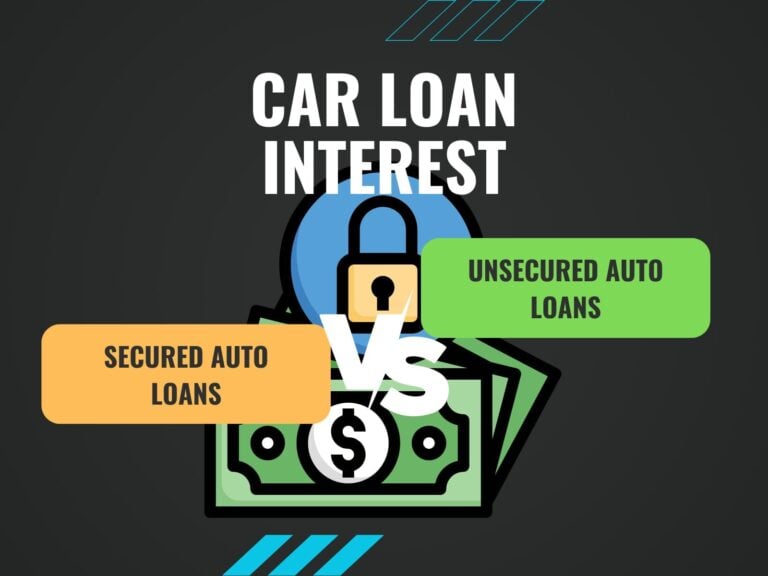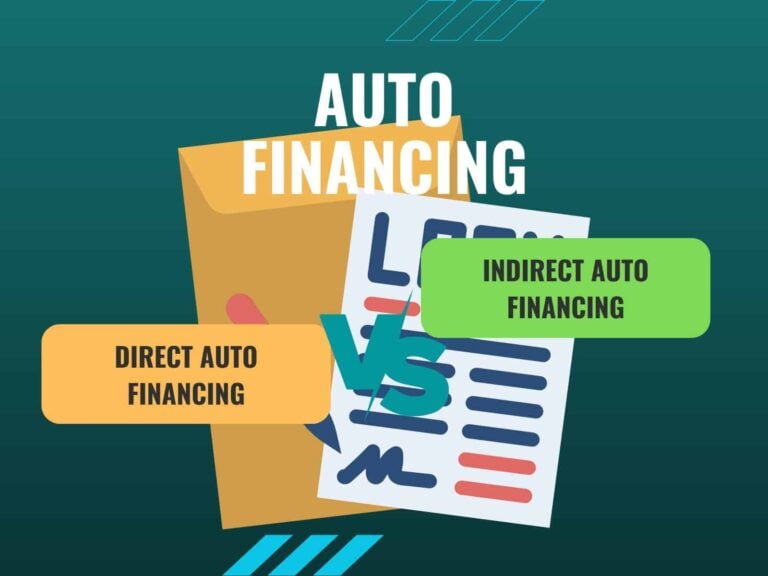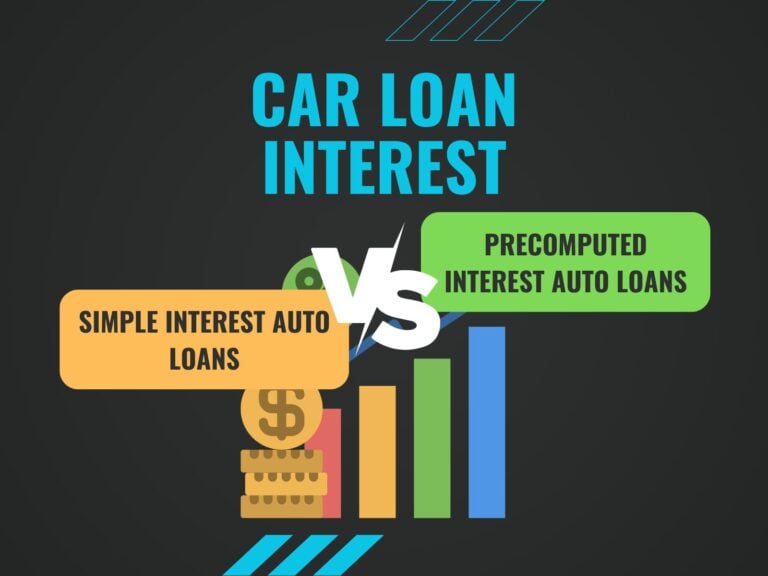Illinois Debt Settlement
The state of Illinois, with approximately 12.8 million residents, is the sixth most populous in the United States, and the most populous state in the Midwest. Illinois covers an area of 57,953 square miles, placing it mid-pack nationwide, as it ranks 25th in terms of geographic size. Illinois is somewhat densely populated overall, ranking 12th nationally.
However, population density is especially acute within the Chicago Metropolitan area, which includes Chicago (the nation’s third largest city by population, with over 2.7 million residents) and home to almost 8 million residents – despite it covering only 8% of the total land area of Illinois. Illinois is home to numerous multinational corporations including Boeing, McDonald’s, Motorola and United Airlines, as well as the largest futures exchange, the Chicago Mercantile Exchange.

Generating a gross state product of $796 billion in 2016, the Illinois economy placed sixth in the United States, and would rank within the Top 20 countries in the world. Despite the fact that personal income growth within the state has been virtually non-existent since 2007, Illinois’ median household income level of $60,960 is still somewhat higher than the national median household income level of $57,617, besting it by 5.8%.
In fact, a recent study from early 2017 indicates that approximately 73% of American consumers actually die in debt! If you’ve got a debt problem, don’t take it with you to the grave. There is no better time than the present to start acting upon your debt problem. With proper planning, guidance and dedication, you can find your way out of debt. (Source)
Illinois Economic and Debt Statistics
According to the Illinois Department of Employment Security, the Illinois unemployment rate stood at 5.3% as of January 2018, considerably higher than the national unemployment rate of 4.1%, but down from 6.1% in January 2017. Illinois suffers from significant pension and retiree health care debts that have stifled job growth within the public sector in recent years and is often attributed to a statewide population plateau that has taken shape since mid-2013.
Illinois residents tend to carry slightly higher amounts of credit card debt than average, checking in at a level of $6,254 – 27th in the nation but almost 10% greater than the national average of $5,700. Meantime, compared with the 2017 nationwide average FICO score of 695, the typical Illinois resident’s 2017 FICO score registered somewhat lower at 679, tied for 17th in the nation. However, only 11% of Illinois citizens demonstrated a declining credit situation in 2017, as evidenced by a credit card bill that was 60 days or more overdue.
Illinois Economic and Debt Statistics
According to the St. Louis Fed, as of March 2018, the home ownership rate for Illinois residents checked in at 65%, minimally higher than the national average of 64%, while a recent Experian report shows average mortgage debt level rose slightly year-over-year to $179,683, an increase of almost 1% compared to 2016.
This modest year-over-year increase in average mortgage debt level is among the lowest in the country, and when compared to 2007, Illinois’ average mortgage debt level has increased by only 2.5%, seventh lowest in the nation. Turning to student loans, data compiled at the end of 2017 indicates that the average level of student loan debt for Illinois college graduates stood at $18,800 – almost 10% greater than the national average of $17,126. In 2017, 66% of Illinois college students graduated with a student loan balance (34% of graduates had zero borrowings), leading to an average level of student loan debt for Illinois student borrowers of $29,305, ranking Illinois 19th in a nation suffering from what has become a student loan epidemic.
Illinois Residents and Debt Settlement
Credit Card companies and other creditors are permitted to contact Illinois residents directly regarding debts, particularly in a situation involving delinquent payments. However, debt collection agencies are required to comply with the the Federal Fair Debt Collection Practices Act (FDCPA), as well as the Illinois Collection Agency Act (ICAA), and are therefore prohibited from taking certain actions.
The FDCPA, collection agencies are prohibited from informing employers about a debt or attempting to collect a fee in excess of any debt owed. Debt collection agencies are also prohibited from communicating in a manner that simulates a judicial process or gives the appearance of a governmental action. Additionally, debt collection agencies are prohibited from contacting debtors or debtor family members at unusual hours or with a frequency that may be reasonably construed under the law as harassment or abuse.
Meantime, the ICAA requires debt collectors to obtain a license and comply with provisions similar to, but broader than, those included in the FDCPA that limit the manner in which collection agencies are allowed to communicate with debtors. Under the ICAA, debt collectors who maintain offices within Illinois can be fined up to $5,000 for each violation related to pursuing debt collection without a license.
Illinois Statute of Limitations on Debt Collection
When sufficient time passes in a situation in which consumer debts have gone unpaid, a debt collector can lose the legal right to sue for non-payment. In the state of Illinois, the statute of limitations on debt collection varies according to the type of debt involved. For written contracts, the statute of limitations is ten years. For credit card accounts and oral agreements, the statute of limitations is five years. For either time period, the clock begins ticking from the “date of default,” which is typically thirty days after the last payment was actually made.
When debts remain unpaid prior to the statute time period elapsing in full, creditors maintain legal right to sue for non-payment and are permitted to engage debt collection agencies who can make persistent attempts at collection – as long as they remain within the boundaries mandated by the FDCPA and the ICAA.

Get Help if You Need It
Getting out of debt is never an easy process. If debt settlement is the proper avenue for you, be honest with yourself. Decide whether you possess the background, strength and fortitude to negotiate directly with creditors yourself – or whether engaging the services of an experienced and reputable debt settlement company will serve your needs best. Remember, the goal is to save the greatest amount of money and time while minimizing any ensuing damage to your credit score and profile.
A reputable debt settlement company will provide a realistic estimate and time frame for making offers to your creditors that can ultimately result in settlements that save you significant amounts of money, time, and aggravation.
*Please note: We currently do NOT offer debt settlement, debt management, or any services in the state of Illinois. The information above is for informative purposes only.
Debt Resources & Additional Reading
Illinois Debt Settlement FAQ
Credit Card companies and other creditors are permitted to contact Illinois residents directly regarding debts, particularly in a situation involving delinquent payments. However, when sufficient time passes in a situation in which consumer debts have gone unpaid, a debt collector can lose the legal right to sue for non-payment. In the state of Illinois, the statute of limitations on debt collection varies according to the type of debt involved. For credit card accounts, the statute of limitations is five years.
Additional Related Insights & Articles







Debt Relief Reviews

Ready To Get Started?
See if you qualify for debt relief. Get a Free savings estimate to see how quickly you can be debt free.
Embrace financial freedom with our tailored solutions, expert guidance, and unwavering commitment to your success.
Experienced Professionals
Our experienced team has helped thousands of clients successfully eliminate debt and regain financial freedom.
Customized Solutions
We know every financial situation is different, so we design personalized debt relief plans to fit your specific needs and goals.
High Success Rate
Our proven debt relief strategies deliver real results. With a strong track record of success, we help clients achieve lasting financial stability.
Confidential Consultation
Your privacy is our priority. All debt relief consultations are 100% confidential and handled with the highest level of discretion.



